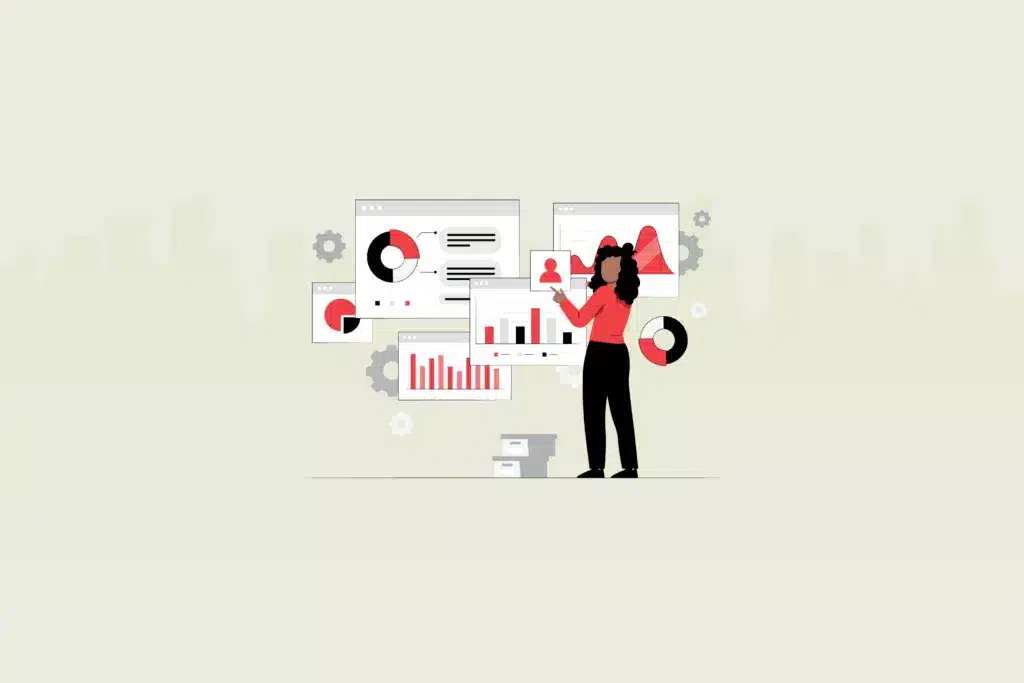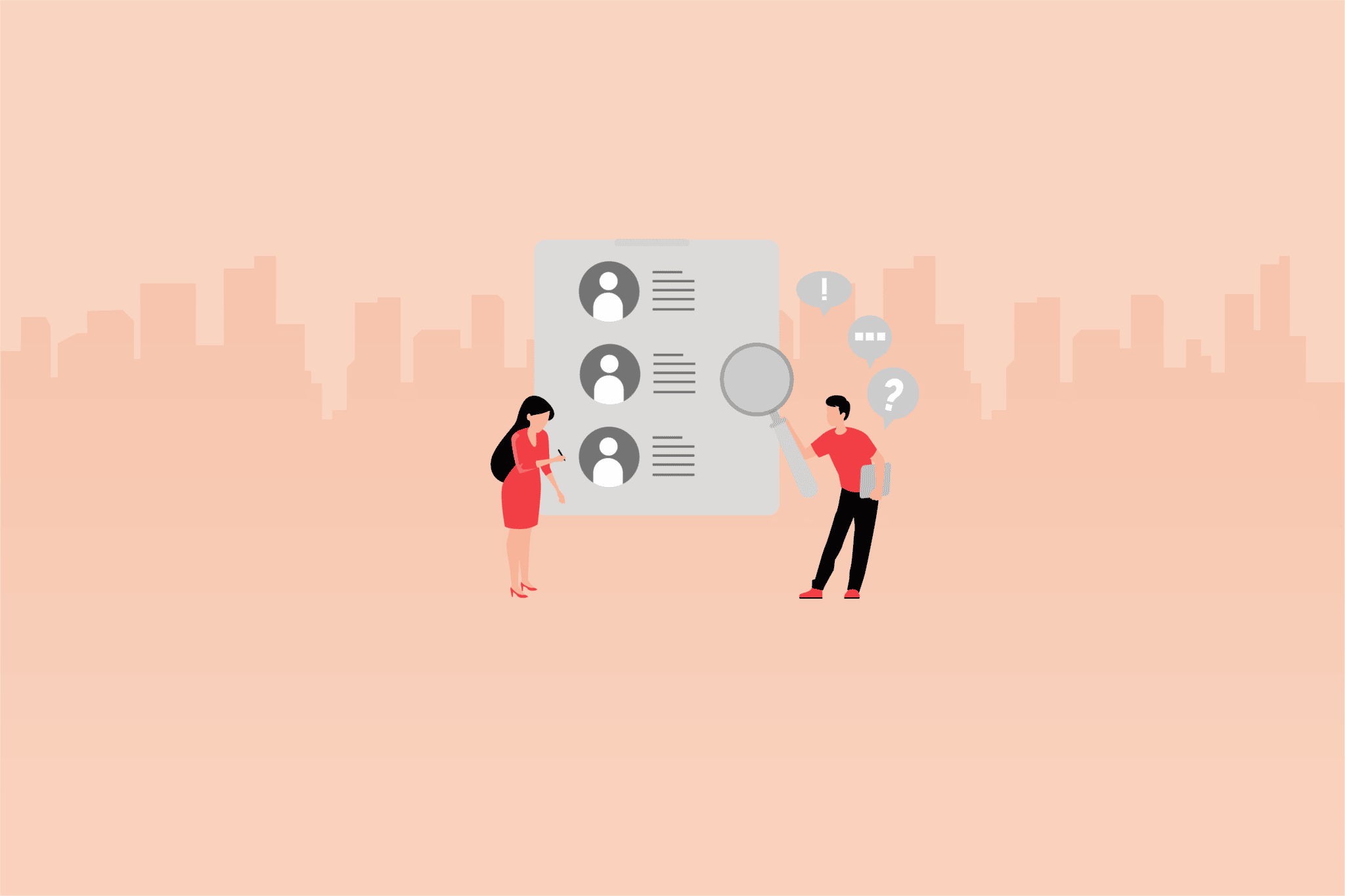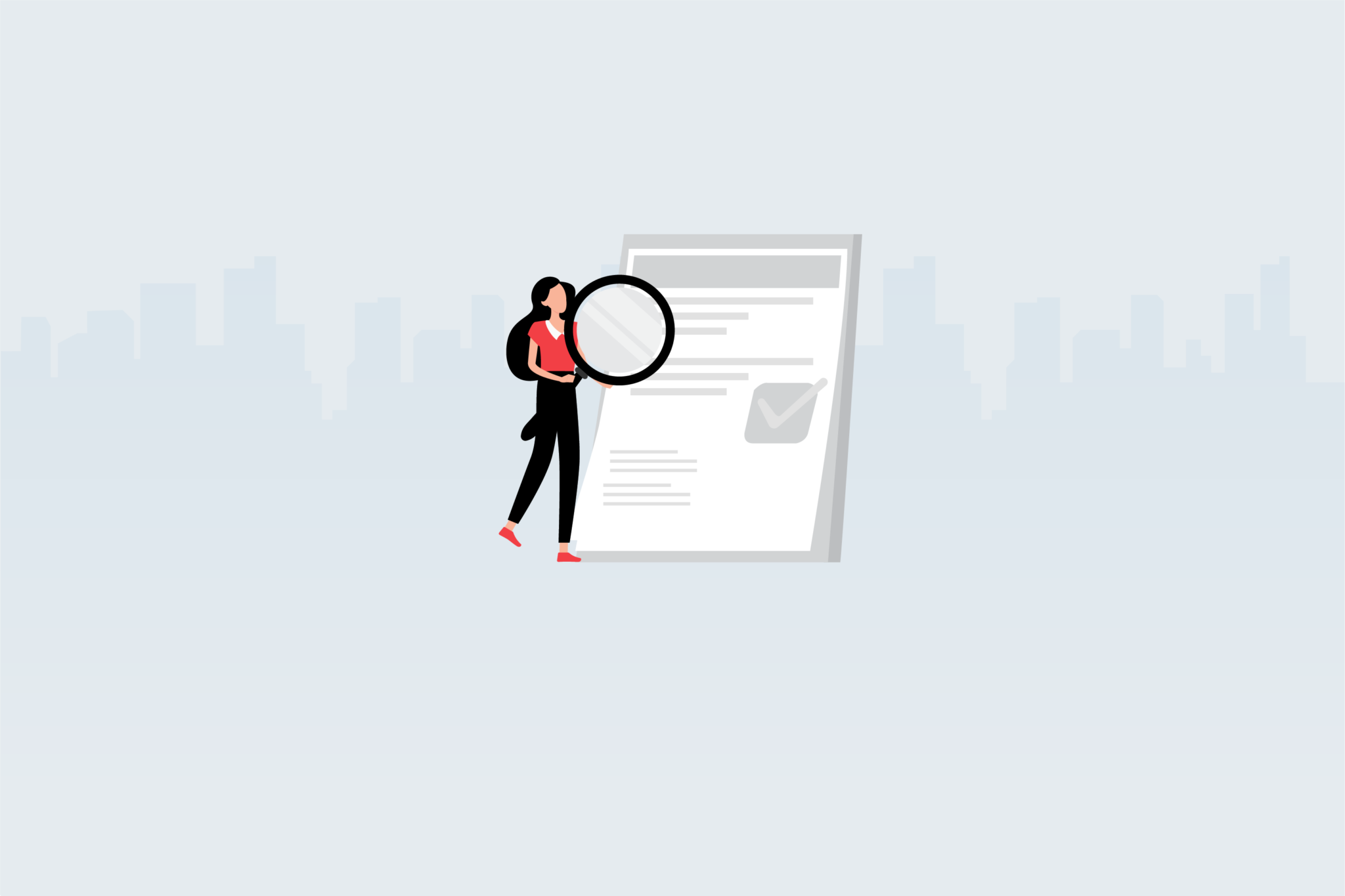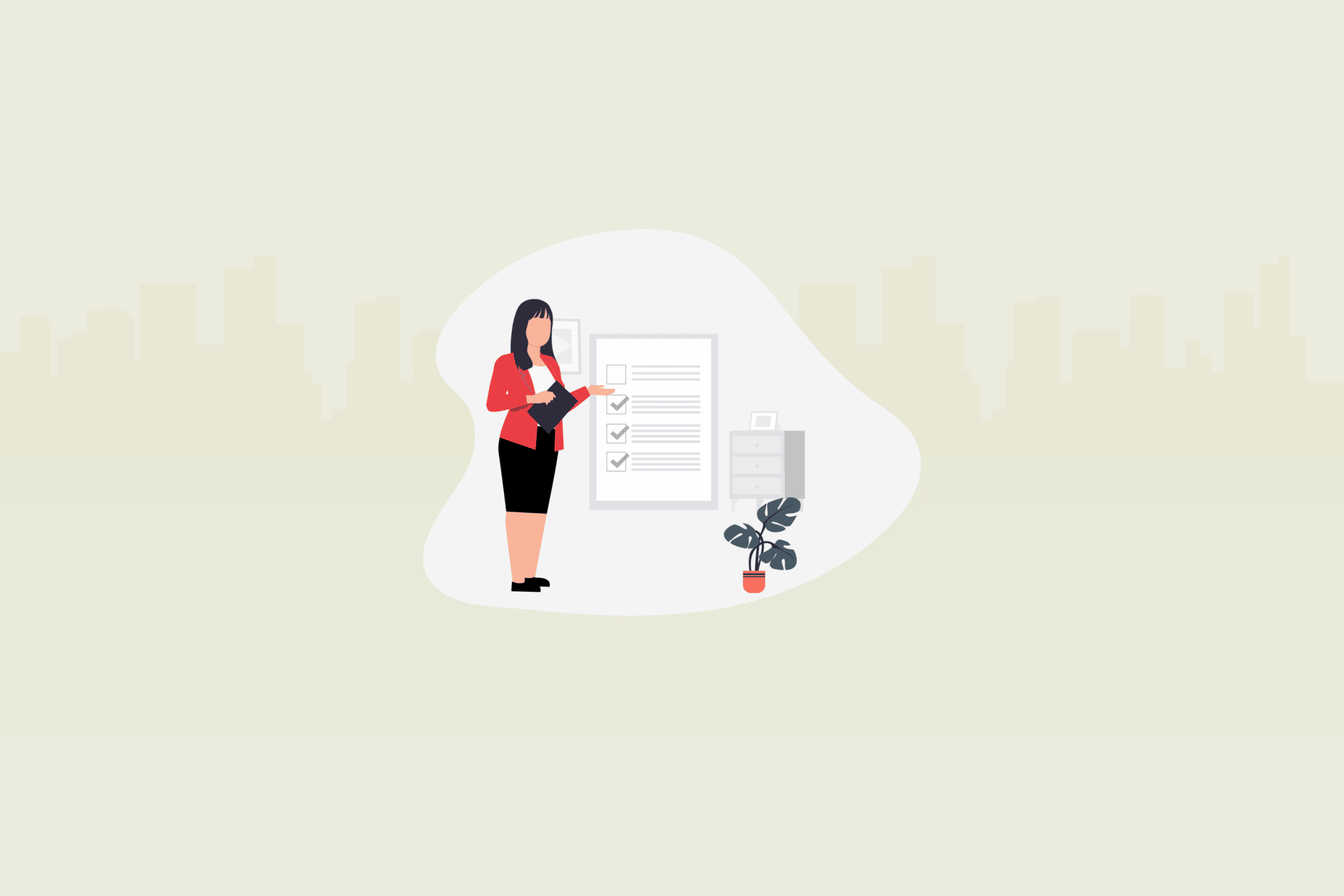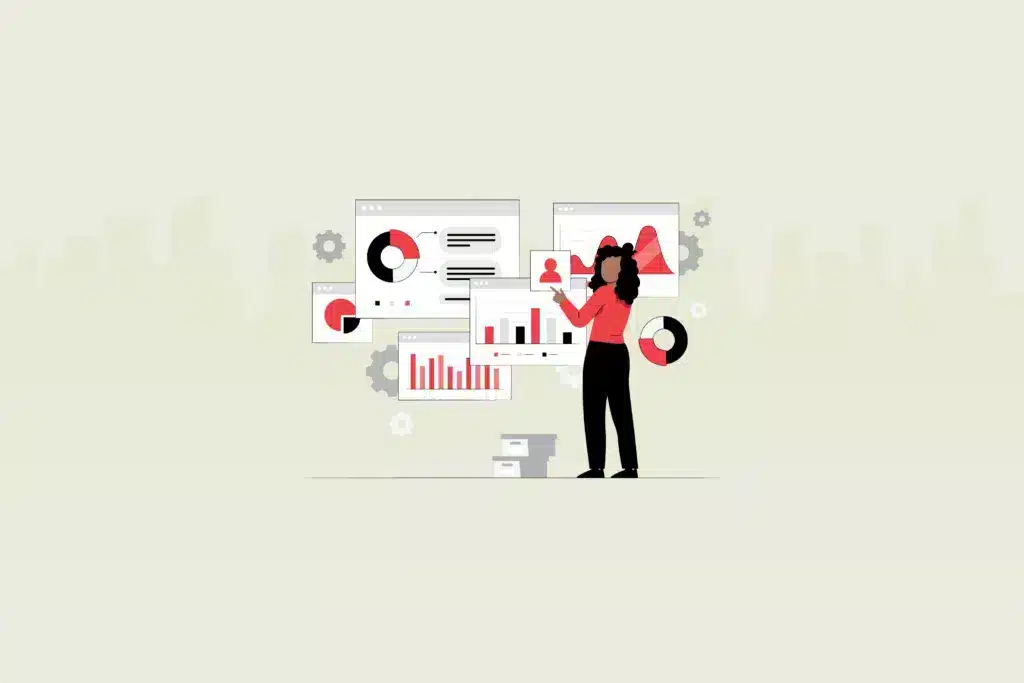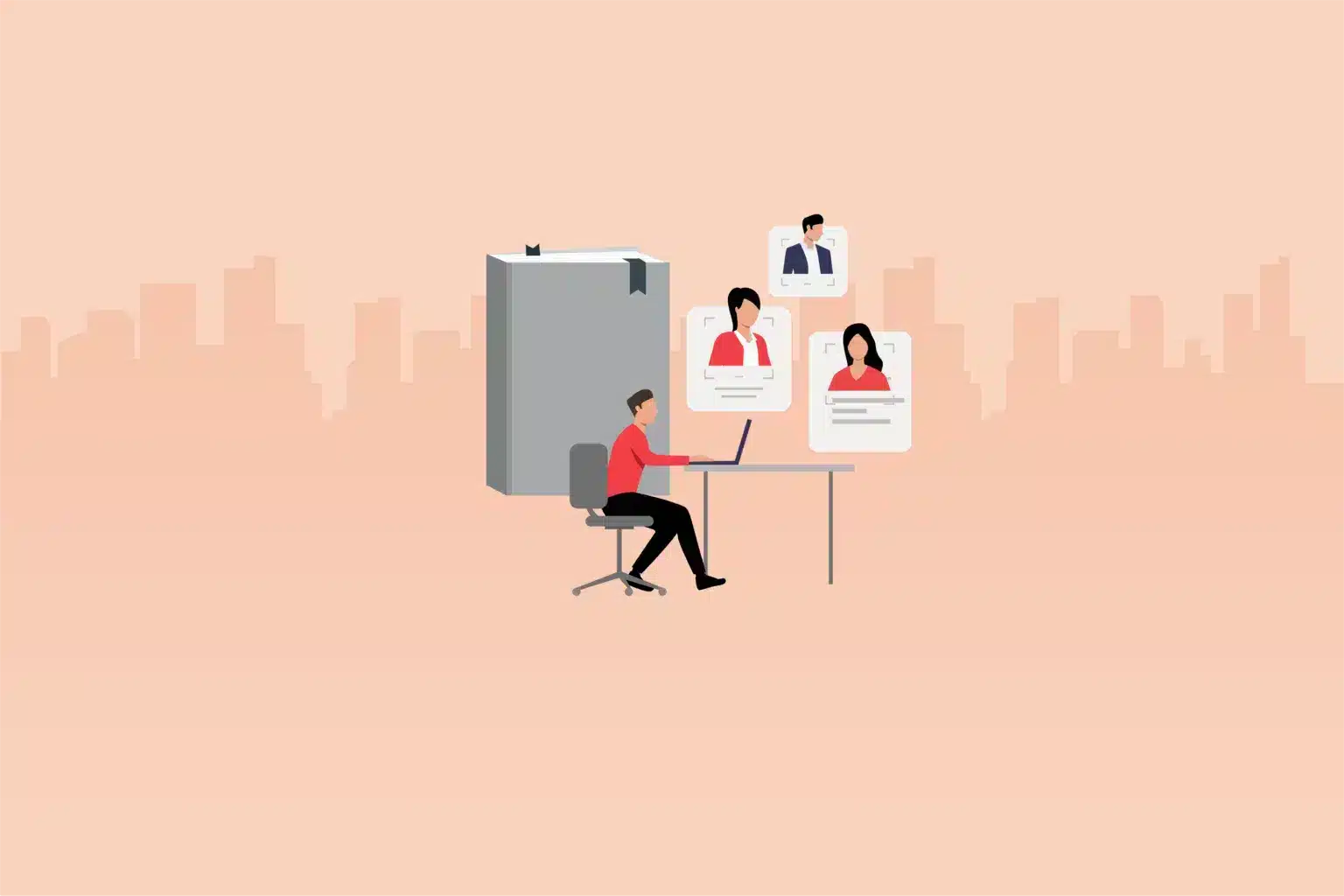In today’s dynamic business environment, the role of the Reverse Logistics Coordinator has emerged as a critical position within organizations. As companies strive to optimize their supply chains and enhance customer experiences, the need for efficient and sustainable reverse logistics operations has gained significant importance. Recent analytics reveal a noticeable trend in the recruitment landscape, with a growing demand for skilled professionals in this field.
HR teams and CXOs are increasingly recognizing the pivotal role of a Reverse Logistics Coordinator in streamlining processes, minimizing costs, and maximizing value recovery. In this context, it becomes crucial to identify candidates who possess the necessary expertise and knowledge to navigate the complexities of reverse logistics effectively. To assist HR professionals and CXOs in this endeavor, we have curated a set of interview questions designed to evaluate candidates’ proficiency in reverse logistics coordination.
15 general interview questions for Reverse Logistics Coordinator
- Can you explain your understanding of reverse logistics and its significance in supply chain management?
- What experience do you have in coordinating and managing reverse logistics processes?
- How do you ensure effective communication and collaboration with internal stakeholders, such as procurement, operations, and customer service teams, during reverse logistics operations?
- Describe your approach to identifying opportunities for cost savings and process improvements within reverse logistics.
- Can you provide an example of a successful reverse logistics project you managed, including the challenges you faced and how you overcame them?
- How do you handle returns and exchanges, ensuring prompt resolution and customer satisfaction?
- What strategies do you employ to minimize product loss, damage, or theft during reverse logistics operations?
- How do you prioritize and manage multiple return channels, such as retail store returns, online returns, and warranty claims?
- How do you evaluate and select third-party service providers or vendors for reverse logistics operations?
- Can you explain your process for tracking, analyzing, and reporting key metrics and KPIs related to reverse logistics performance?
- How do you ensure compliance with legal and regulatory requirements in reverse logistics, such as product recalls or hazardous material handling?
- How do you handle reverse logistics for international shipments and navigate customs and import/export regulations?
- Can you share your experience in implementing sustainable practices within reverse logistics operations?
- How do you stay updated on industry trends and advancements in reverse logistics practices and technologies?
- Can you provide an example of a situation where you had to resolve a complex reverse logistics issue under time constraints, and how you managed to achieve a successful outcome?
5 sample answers to general interview questions for Reverse Logistics Coordinator
- Can you tell us about your experience in reverse logistics coordination?
look for: Look for candidates who can demonstrate a solid understanding of reverse logistics processes and have relevant experience in coordinating these activities.
Sample Answer: “In my previous role as a Reverse Logistics Coordinator at XYZ Company, I was responsible for managing the entire reverse logistics process, including returns, repairs, and disposal of products. I developed efficient systems for tracking returned items, coordinating repairs with external vendors, and ensuring timely disposal of damaged goods. Additionally, I implemented quality control measures to minimize returns and improve customer satisfaction. My experience in reverse logistics coordination has equipped me with a strong understanding of the challenges and best practices in this field.”
- How do you prioritize tasks in a fast-paced reverse logistics environment?
look for: Look for candidates who can demonstrate effective prioritization skills and the ability to handle multiple tasks simultaneously in a fast-paced environment.
Sample Answer: “In a fast-paced reverse logistics environment, I prioritize tasks by first assessing their urgency and impact on overall operations. I create a detailed task list and assign priorities based on factors such as customer satisfaction, operational efficiency, and cost savings. I am adept at multitasking and can handle multiple projects simultaneously by breaking them down into manageable tasks and setting clear deadlines. By staying organized and constantly reassessing priorities, I ensure that critical tasks are completed on time and potential bottlenecks are identified and addressed proactively.”
- How do you handle difficult or irate customers in reverse logistics?
look for: Look for candidates who can demonstrate strong interpersonal and conflict resolution skills, along with the ability to remain calm and composed when dealing with difficult or irate customers.
Sample Answer: “When faced with difficult or irate customers in reverse logistics, I adopt a patient and empathetic approach. I actively listen to their concerns, validate their frustrations, and assure them that I am committed to finding a solution. I strive to understand the root cause of their dissatisfaction and work collaboratively with them to reach a resolution that meets their needs while aligning with company policies. By maintaining a calm and professional demeanor, I aim to de-escalate tensions and turn negative experiences into positive ones, ultimately leaving the customer satisfied with the outcome.”
- How do you ensure compliance with regulations and standards in reverse logistics?
look for: Look for candidates who can demonstrate knowledge of relevant regulations and standards in reverse logistics and their ability to develop and implement compliance measures.
Sample Answer: “Compliance with regulations and standards is crucial in reverse logistics to avoid legal issues and ensure ethical and sustainable practices. I stay updated on industry regulations, such as those related to hazardous materials handling, recycling, and data privacy. I develop and implement comprehensive compliance programs, including employee training, documentation procedures, and audits. By collaborating with cross-functional teams, I ensure that our reverse logistics processes align with all applicable laws, regulations, and industry best practices. Additionally, I stay informed about any changes in regulations and proactively adapt our procedures to maintain compliance.”
- How do you collaborate with external vendors and stakeholders in reverse logistics?
look for: Look for candidates who can demonstrate strong communication and relationship-building skills, along with experience in effectively collaborating with external vendors and stakeholders in a reverse logistics context.
Sample Answer: “Collaboration with external vendors and stakeholders is essential in reverse logistics to ensure smooth operations and timely resolutions. I establish and maintain strong relationships with vendors by fostering open lines of communication, setting clear expectations, and regularly reviewing performance metrics. I proactively address any issues or concerns that arise, working together to find mutually beneficial solutions. Additionally, I engage with stakeholders, such as sales teams and customer service representatives, to gather feedback and identify areas for improvement in the reverse logistics process. By fostering strong partnerships, I optimize the efficiency and effectiveness of our reverse logistics operations.”
15 behavioral interview questions for Customer Relationship Manager
15 behavioral interview questions for Reverse Logistics Coordinator
- Describe a time when you successfully resolved a complex reverse logistics issue. What was the problem, and how did you go about finding a solution?
- Can you give an example of a situation where you had to handle a high volume of returns? How did you manage the process effectively?
- Tell me about a time when you had to work with multiple stakeholders to coordinate reverse logistics activities. How did you ensure effective collaboration and achieve the desired outcomes?
- Describe a situation where you identified a process improvement opportunity in reverse logistics. How did you approach implementing the change, and what were the results?
- Can you provide an example of a time when you had to deal with a customer who was dissatisfied with the reverse logistics process? How did you address their concerns and ensure a positive resolution?
- Tell me about a time when you had to handle a product recall. How did you manage the recall process, including communication with customers and coordinating returns?
- Describe a situation where you had to balance cost-effectiveness with sustainability in reverse logistics. How did you approach this challenge, and what were the outcomes?
- Can you give an example of a time when you had to collaborate with IT or data management teams to improve reverse logistics tracking and reporting? How did you ensure the accuracy and efficiency of the data?
- Tell me about a time when you had to handle a dispute or negotiation with an external vendor related to reverse logistics services. How did you reach a resolution that satisfied both parties?
- Describe a situation where you had to manage a reverse logistics project with tight deadlines. How did you prioritize tasks and ensure timely completion?
- Can you provide an example of a time when you had to implement new reverse logistics software or technology? How did you manage the transition and ensure successful adoption?
- Tell me about a time when you had to analyze reverse logistics data to identify trends or opportunities for improvement. How did you interpret the data and what actions did you take?
- Describe a situation where you had to ensure compliance with specific industry regulations in reverse logistics. How did you stay informed about the regulations and ensure adherence?
- Can you give an example of a time when you had to coordinate reverse logistics activities across multiple locations or regions? How did you ensure consistency and efficiency in the process?
- Tell me about a time when you had to handle a sensitive reverse logistics situation, such as the disposal of hazardous materials or the handling of confidential customer data. How did you ensure proper procedures were followed, and what measures did you take to mitigate risks?
5 sample answers to behavioral interview questions for the Reverse Logistics Coordinator
- Describe a time when you successfully resolved a complex reverse logistics issue. What was the problem, and how did you go about finding a solution?
look for: Look for candidates who can demonstrate their problem-solving skills, ability to analyze complex issues, and their approach to finding practical solutions.
Sample Answer: “In my previous role, we encountered a situation where a batch of products was shipped to customers with incorrect configurations. This led to a significant number of returns and customer dissatisfaction. To resolve the issue, I immediately conducted a root cause analysis and identified a breakdown in the quality control process. I collaborated with the quality assurance team to implement additional checks and balances to prevent similar errors in the future. Additionally, I worked closely with the customer service team to provide prompt replacements to affected customers and communicated transparently about the corrective measures being taken. As a result, we reduced the number of returns, improved customer satisfaction, and prevented a recurrence of the issue.”
- Can you give an example of a situation where you had to handle a high volume of returns? How did you manage the process effectively?
look for: Look for candidates who can demonstrate their ability to handle a high volume of returns efficiently, maintain accurate records, and implement measures to minimize returns.
Sample Answer: “During a peak season, we experienced a surge in returns due to customer preferences and sizing issues. To manage the high volume effectively, I implemented a streamlined returns process that included a dedicated returns team and clear guidelines for assessing returned items. I collaborated with the warehouse team to optimize space utilization for storing returned products and implemented a comprehensive tracking system to monitor the status of each return. Furthermore, I conducted regular data analysis to identify common reasons for returns and collaborated with the product development team to address those issues. Through these efforts, we reduced return processing time, improved inventory accuracy, and minimized return rates.”
- Tell me about a time when you had to work with multiple stakeholders to coordinate reverse logistics activities. How did you ensure effective collaboration and achieve the desired outcomes?
look for: Look for candidates who can demonstrate their ability to collaborate with various stakeholders, communicate effectively, and align goals to achieve successful outcomes.
Sample Answer: “In a previous project, I was responsible for coordinating reverse logistics activities for a product recall. I worked closely with the customer service team, quality assurance team, legal department, and external vendors to ensure a smooth and efficient process. I scheduled regular meetings to provide updates, address concerns, and align everyone’s responsibilities. By establishing clear communication channels and leveraging project management tools, we were able to track the progress of each stage, identify bottlenecks, and make timely decisions. The collaborative effort resulted in a well-executed recall process with minimal customer impact and adherence to legal requirements.”
- Describe a situation where you identified a process improvement opportunity in reverse logistics. How did you approach implementing the change, and what were the results?
look for: Look for candidates who can demonstrate their ability to identify areas for improvement, take initiative, and successfully implement changes that enhance efficiency and effectiveness.
Sample Answer: “During my time as a Reverse Logistics Coordinator, I noticed that the returns handling process was time-consuming and lacked clear guidelines. I conducted a thorough analysis of the process, identified pain points, and proposed a new returns management system that incorporated automation and standardized procedures. To implement the change, I collaborated with cross-functional teams, including IT and warehouse personnel, to develop and test the new system. I conducted training sessions to ensure buy-in and understanding among the staff. As a result, the processing time for returns decreased by 40%, accuracy improved, and customer satisfaction scores increased.”
- Can you provide an example of a time when you had to deal with a customer who was dissatisfied with the reverse logistics process? How did you address their concerns and ensure a positive resolution?
look for: Look for candidates who can demonstrate their customer service skills, ability to handle complaints, and their commitment to ensuring customer satisfaction throughout the reverse logistics process.
Sample Answer: “In a particular case, a customer had experienced delays in receiving a replacement for a defective product they had returned. They were understandably frustrated and dissatisfied with the reverse logistics process. I immediately took ownership of the situation, reached out to the customer personally, and listened attentively to their concerns. I empathized with their frustration and assured them that I would prioritize their case to ensure a swift resolution. I coordinated with the warehouse team and expedited the processing of the replacement item. Additionally, I followed up with the customer regularly to provide updates and ensure their satisfaction. By demonstrating transparency, responsiveness, and a genuine commitment to resolving their issue, we were able to turn the negative experience into a positive one, restoring the customer’s confidence in our reverse logistics process.”
15 personality interview questions for the Reverse Logistics Coordinator
- How do you handle high-pressure situations or tight deadlines in your work?
- Can you describe a time when you had to adapt to unexpected changes in the reverse logistics process? How did you handle it?
- How do you prioritize your workload and manage multiple tasks simultaneously?
- Tell me about a time when you had to work as part of a team to achieve a common goal in reverse logistics. How did you contribute to the team’s success?
- How do you ensure attention to detail and accuracy in your work as a Reverse Logistics Coordinator?
- Describe a situation where you had to make a difficult decision related to reverse logistics. How did you approach it, and what was the outcome?
- How do you stay organized and keep track of various tasks and deadlines in your role?
- Can you describe a time when you had to negotiate with a difficult vendor or stakeholder in reverse logistics? How did you handle the situation?
- How do you handle conflicts or disagreements with colleagues or team members in a professional setting?
- Tell me about a time when you had to think creatively or outside the box to solve a problem in reverse logistics.
- How do you ensure effective communication and collaboration with cross-functional teams involved in reverse logistics processes?
- Can you provide an example of a time when you demonstrated strong leadership skills in the context of reverse logistics coordination?
- How do you stay updated on industry trends, best practices, and new technologies related to reverse logistics?
- Describe a situation where you had to resolve a customer complaint or issue in a diplomatic and satisfactory manner.
- How do you handle repetitive or routine tasks in your role? How do you ensure accuracy and consistency in performing these tasks?
5 sample answers to personality interview questions for the Reverse Logistics Coordinator
- How do you handle high-pressure situations or tight deadlines in your work?
look for: Look for candidates who can demonstrate their ability to stay calm under pressure, manage stress effectively, and maintain productivity in fast-paced environments.
Sample Answer: “In high-pressure situations or when facing tight deadlines, I thrive by prioritizing tasks and breaking them down into smaller, manageable steps. I remain calm and focused, leveraging my time management skills to allocate resources efficiently and ensure timely completion of critical tasks. I also communicate proactively with stakeholders, providing updates on progress and managing expectations. By maintaining a positive mindset and leveraging my problem-solving skills, I can effectively navigate high-pressure situations and deliver results.”
- How do you ensure attention to detail and accuracy in your work as a Reverse Logistics Coordinator?
look for: Look for candidates who can demonstrate their commitment to maintaining high levels of accuracy and attention to detail in their work.
Sample Answer: “As a Reverse Logistics Coordinator, attention to detail is crucial to ensure the accuracy and efficiency of processes. I meticulously review documentation, double-check data entry, and verify product information to minimize errors. I have developed a system of checklists and standardized procedures that serve as a guide for consistent and accurate work. Additionally, I pay close attention to quality control measures and ensure that returned items are thoroughly inspected and documented to avoid any discrepancies. By maintaining a meticulous approach, I can uphold high standards of accuracy in my work.”
- How do you ensure effective communication and collaboration with cross-functional teams involved in reverse logistics processes?
look for: Look for candidates who can demonstrate strong interpersonal skills, effective communication, and their ability to work collaboratively with diverse teams.
Sample Answer: “Communication and collaboration are essential in reverse logistics coordination. I foster open lines of communication by actively listening to team members, encouraging feedback, and providing clear and concise information. I believe in the power of regular meetings, both formal and informal, to ensure that everyone is on the same page and aligned with the project goals. I emphasize the importance of teamwork, encouraging open dialogue and promoting a supportive work environment. By fostering effective communication and collaboration, we can achieve smooth coordination among cross-functional teams and optimize the reverse logistics process.”
- Can you describe a time when you had to think creatively or outside the box to solve a problem in reverse logistics?
look for: Look for candidates who can demonstrate their ability to think critically, approach problems from different perspectives, and propose innovative solutions.
Sample Answer: “In a recent reverse logistics project, we faced a challenge with the disposal of a large volume of outdated electronics. Instead of resorting to conventional disposal methods, I researched and identified a recycling company that specialized in extracting valuable materials from electronic waste. I proposed partnering with them to not only ensure proper disposal but also generate revenue from the recovered materials. This solution not only reduced the environmental impact but also turned a potential cost into a revenue opportunity for the company. By thinking creatively and exploring alternative options, we were able to find a win-win solution.”
- How do you handle conflicts or disagreements with colleagues or team members in a professional setting?
look for: Look for candidates who can demonstrate strong conflict resolution skills, the ability to navigate disagreements diplomatically, and their commitment to maintaining a positive work environment.
Sample Answer: “In a professional setting, conflicts and disagreements are inevitable, but I believe in addressing them promptly and constructively. When conflicts arise, I seek to understand the perspectives of all parties involved and actively listen to their concerns. I approach the situation with empathy and respect, striving to find common ground and identify mutually beneficial solutions. I am open to compromise and willing to engage in productive discussions to reach a resolution. By maintaining open lines of communication, promoting a culture of respect, and focusing on the shared goals of the team, I can effectively navigate conflicts and foster a positive work environment.”
When should you use skill assessments in your hiring process for Reverse Logistics Coordinator?
Skill assessments should be used in the hiring process for a Reverse Logistics Coordinator when you want to accurately evaluate candidates’ abilities and proficiency in specific skills relevant to the role. Assessments are important because they provide objective insights into a candidate’s capabilities and help you make more informed hiring decisions. They go beyond resumes and interviews, allowing you to gauge a candidate’s practical skills and their potential for success in the role.
When assessing skills for a Reverse Logistics Coordinator, you can consider using various assessments such as:
- Technical Skills Assessment
This can include tests or exercises that evaluate candidates’ knowledge and proficiency in reverse logistics processes, inventory management systems, data analysis, or relevant software tools.
- Problem-Solving Assessment
This type of assessment assesses candidates’ ability to analyze complex scenarios, identify potential issues in reverse logistics, and propose effective solutions.
- Communication and Interpersonal Skills Assessment
This assessment can involve role-playing exercises, written communication tasks, or situational judgment tests to evaluate candidates’ communication skills, ability to collaborate with stakeholders, and handle customer interactions.
- Time Management and Prioritization Assessment
This assessment measures candidates’ ability to manage deadlines, handle multiple tasks simultaneously, and prioritize work effectively in a fast-paced reverse logistics environment.
By incorporating skill assessments into your hiring process, you can gain valuable insights into candidates’ abilities, validate their claims, and ensure that you select candidates who have the necessary skills to excel in the role of a Reverse Logistics Coordinator.
Use our interview questions and skill tests to hire talented Reverse Logistics Coordinator
Unlock the potential of your hiring process with Testlify’s comprehensive skill assessments and interview questions specifically designed for reverse logistics coordinator.
Our extensive test library offers a wide range of assessments, including cognitive function, personality, situational judgment, programming, and more. By leveraging these assessments, you can objectively evaluate candidates’ abilities, ensuring you shortlist the most talented individuals efficiently.
To further enhance your hiring process, we invite you to book a free 30-minute live demo. Our expert team will guide you through the platform, showcasing relevant skill tests tailored to your hiring needs. With our support, you can streamline candidate selection, saving valuable time and resources.
Ready to find the perfect fit for your reverse logistics coordinator role? Testlify provides the tools you need to make informed hiring decisions. Explore our skill assessments and interview questions today to uncover exceptional talent for your team.
